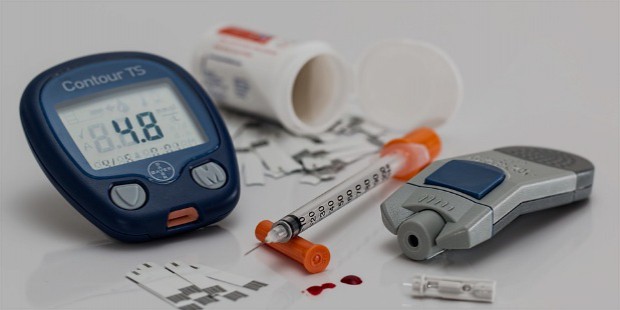6 Simple Steps to Reduce Passive Aggressive Behaviour

Although aggression appears easy to recognise, defining it proves difficult. The difficulty appears to lie in distinguishing between acceptable aggressive behaviour which can occur when individuals are angry or frustrated, and violence, which involves the use of physical force and inflicts damage or injury to a person or property.
Aggressive behavior can cause physical or emotional harm to others. It may range from verbal abuse to physical abuse. Mental health conditions and brain damage can contribute to aggressive behavior. Occasional aggressive outbursts are common and even normal. Aggressive behavior is a problem when it brings harm to others or becomes a frequent, regular problem.
There are many ways to curb it though. If one sticks to the books, they can significantly reduce this problem and pose as a better human being.
1. Learn About Your Problem

To work through aggressive behavior, you need to identify its underlying causes. It may help to talk to someone about experiences that make you feel aggressive. In some cases, you can learn how to avoid frustrating situations by making changes to your lifestyle or career. You can also develop strategies for coping with frustrating situations. For example, you can learn how to communicate more openly and honestly, without becoming aggressive.
In order to understand aggression in others, it is useful to consider your own feelings of aggression as this varies from person to person. Reaching an awareness of your personal experiences will help you to monitor and control your reaction to aggression in others. People are both physically and emotionally affected by aggression. Emotions can alter their physical state, for example when feeling angry your muscles tighten, the heart beats faster and shaking can occur.
2. Deal with Your Aggression

Try dealing with your aggresssion. If you don’t deal with your aggression, it can lead to more aggressive and violent behavior. However, there are treatment options available for aggressive behavior. Following your doctor’s recommended treatment plan may help you gain control, before you cause harm to yourself or others.
3. ABA can be Your Saviour!

Applied behaviour analysis (ABA) is the natural science of observable behaviour. It focuses on observable behaviour that is public and measurable. Observable behaviour has several dimensions, such as frequency, duration, latency, intensity and sequencing. Interventions are based on learning principles and an understanding of the idiosyncratic environmental events maintaining each person’s behaviour.
The most important element of ABA is enhancing the client’s quality of life and social acceptance, by teaching behaviours that are valued by the client and significant others around them, and which are also functional in replacing the client’s aggression.
4. Medicinal Application- Antidepressant Drugs

There have been a handful of methodologically adequate studies of a variety of antidepressants for aggression. Several reported a large reduction in Sturmey 52 aggression. One reported an insignificant reduction in aggression and another reported a significant increase in aggression. Norethendrone or a few drugs of this category can really help.
5. Try Sleeping

Sleep is an important part of life and good quality sleep can help combat many physical, mental and emotional problems, including anger.
When we sleep, the body and mind rest and rebuild damaged cells and neural pathways. We all know that people often feel better after a good night’s sleep. The optimum level of good quality sleep is about 7 hours a night, however everybody is different and you may need more or less than this.
6. Be Physically Fit and Mentally Stout

The hormones that we release when we are angry - mainly cortisol and adrenaline - are similar to those produced when we are stressed to help us to escape from danger. The release of these hormones is an evolutionary trait, useful if you are trying to run away from a mammoth but maybe less important in modern life where, for most of us, such life-threatening situations do not occur regularly.
When you exercise regularly, your body learns how to regulate your adrenaline and cortisol levels more effectively. People who are physically fit have more optimum levels of endorphins; endorphins are hormones that make you feel good and therefore less likely to feel angry.









